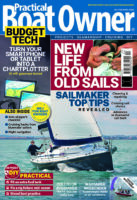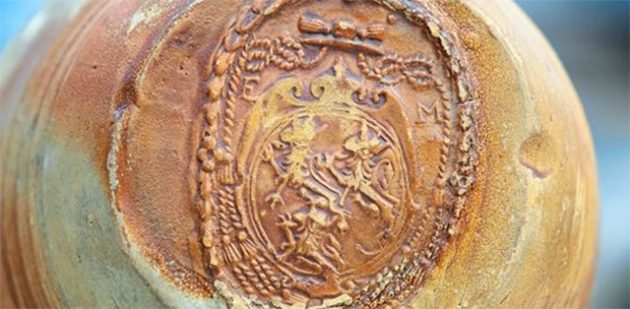More than 100 archaeological and historical marine finds have been submitted during the first year of the Marine Antiquities Scheme; an initiative launched to protect and improve knowledge of the nation’s underwater heritage by encouraging the voluntary recording of items found in English and Welsh waters




